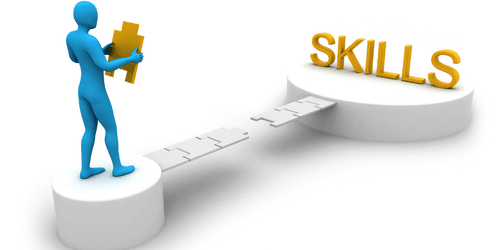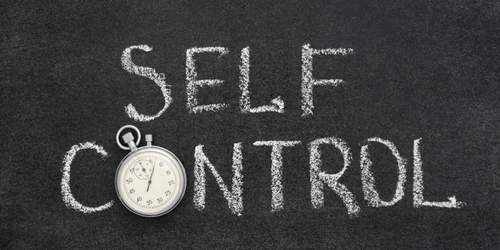In simple terms goal directed persistence can be defined as the ability of the human mind to understand goal setting, identify a goal and then follow through on that goal with devoted persistence. This involves managing own behavior in a manner that goals present as active tasks and complete tasks is an attractive end goal.
How to Improve Goal Directed Persistence?


Although, goal-directed persistence is considered to be amongst executive functions of the human brain, but there are ways in which the mind can be trained to become better at working memory and display ongoing efforts until goal is achieved. A few ways to do so are:
- Games and Activities That Can Practice Goal-Directed Persistence


As a child or grownup to improve persistence involves sequencing the brain to be trained in the manner. By exposing one to games that are based on long term goals, emotional control can be achieved and previous obstacles that hindered any persistence towards goals can be phased out. Keyword is maintaining effort to develop executive skill of meeting task demands. An example is board games or 1000 piece jigsaw puzzles that require more time and effort.
- Attention, Focus and Working Memory


When working on persistence towards goals, make sure to develop focus towards that area. Keep attentive towards long-term tasks, in turn your sustained attention will likely improve your mind set and help generate ongoing efforts.
A lengthy video game playing session with months of effort from task initiation is a fun and effective way to develop focus in a short time. With long term projects, you also learn to develop time management skills and learn to allocate time towards long term goals in an effective manner.
What Are Executive Functions And Executive Function Skills?


Better known as the management system of the brain, an executive function fulfils tasks to learn, engage, work and manage daily life in general. There are three optimal skills required as part of executive functions, which are:
- Memory


Remembering conversations of the sports team or math homework are part of working memory in humans. With memory as an executive function, you are able to be attentive in conversations, become a learned student and even conduct general tasks like following directions
- Flexible Thinking


It involves being capable of forming an opinion, thought or action in mind and then relocating it according to updated information from the surroundings. For example, if you play a musical instrument but your teacher asks you to play another song, then flexible thinking allows you to change strategies in a short period.
- Self-Control


Response inhibition or controlling oneself to better socialize or function as a human is self-control. To provide examples, a child work on mathematics homework, with a question that requires 5 step calculation and then the answer. Self-control allows the child to not tick the first answer that comes into mind but set reachable goals and meet an adequate grade level.
What Is Goal Directed Persistence ADHD?


In children with ADHD the issue lies in their inability to showcase executive functions. This translates in the form of being unable to persistently conduct tasks and achieve them within due dates. Therefore, a large project like school reading list can be fun in the beginning but with time obstacles hinder being persistent in achieving goals. This can cause trouble for students, especially if their ADHD is not diagnosed.
What Are The 8 Executive Functions?
8 executive skills for goal directed persistence are:
- Emotional Control – the ability to regulate feelings with success
- Inhibition – young child inhibiting certain thoughts
- Working Memory – the ability to remember things after completion
- Initiation – to start a task with success
- Planning – the ability to plan actions toward goal completion
- Shift – young child adjusting to changing situations
- Organization – planning skills to prioritize effort
- Self-Monitoring – regulating emotions, effort, and actions
What Are The 12 Skills Of Executive Functioning? What Is An Example Of Executive Functioning Skills?


To give you an example of executive function skills, here is a list of 12 skills that are required in goal directed persistence:
- Self-Restraint – behavior that restricts actions, as children cannot always play game
- Working Memory – expectation that past will be remembered and impact decisions
- Emotion Control – ability to regulate emotions
- Focus – tasks are aligned with actions and expectations are met
- Task Initiation – expectations to initiate an activity with personal motivation
- Planning/Prioritization – ability to plan ahead and prioritise activities to complete tasks
- Organization – ability to organize tasks with allocated time for each
- Time Management – tasks have their own time for completion and do not inhibit other parts of life
- Defining and Achieving Goals – the ability to first identify a goal and then direct persistence towards the achievement
- Flexibility – the ability to mold effort and emotions according to external influences
- Observation – seeing and learning from others, and then applying knowledge on own self
- Stress Tolerance – the ability to regulate negative emotions but remain positive and develop a positive mindset.
To conclude, we hope that you now have a better understanding of executive functions and goal-directed persistence. With this new knowledge, you can develop skills in executive functions and improve goal-directed persistence to better manage your personal or professional goals, and consistently become a better version of yourself.



